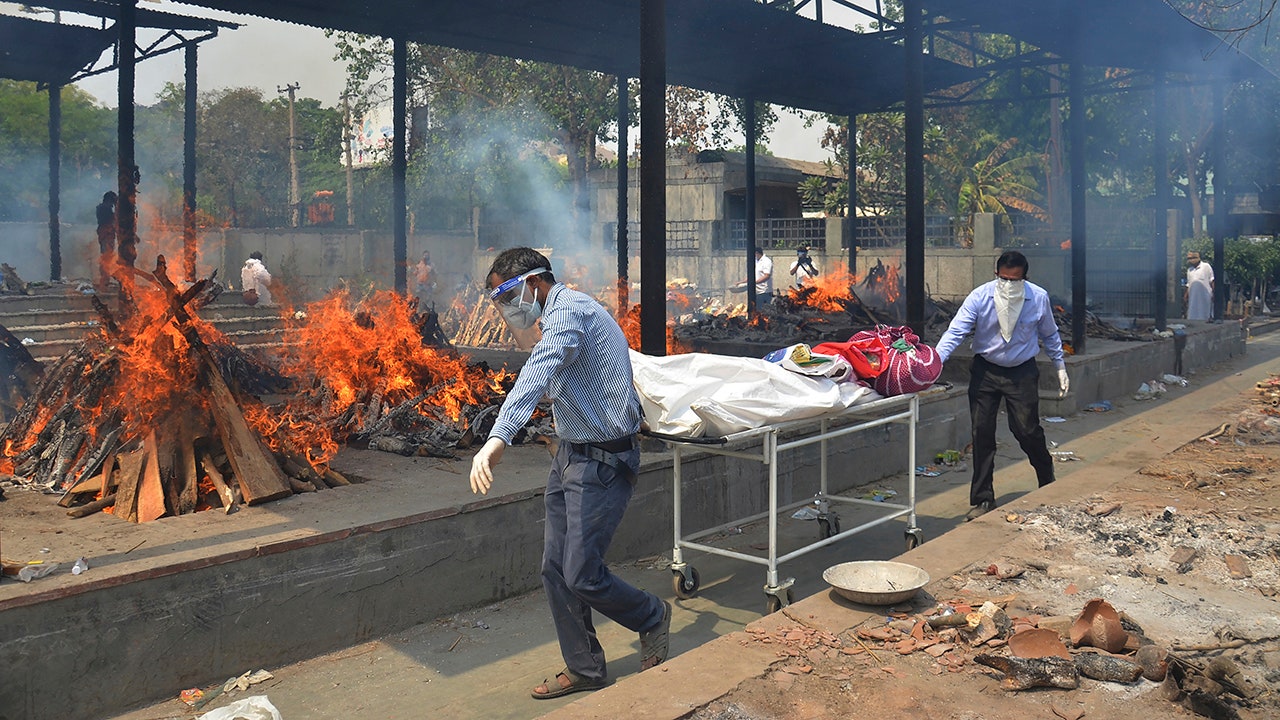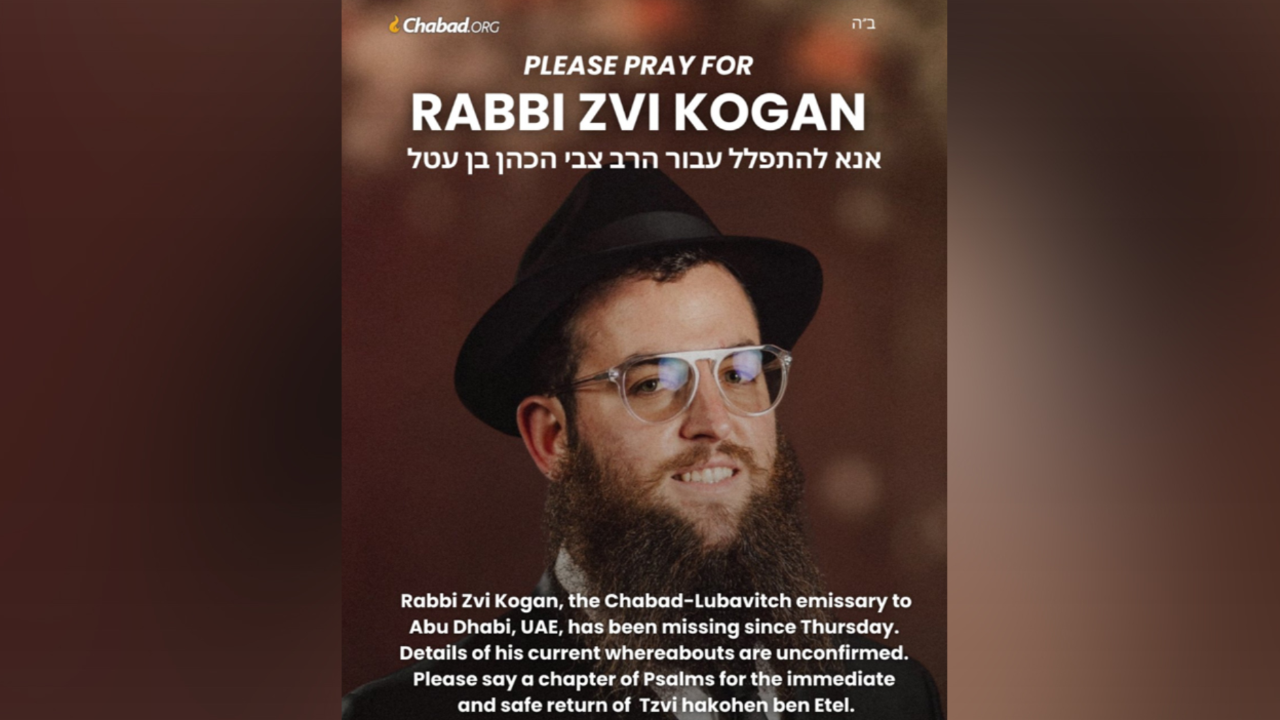Israel’s military leadership faced heightened public scrutiny this week after a string of damaging revelations in the Israeli media and The New York Times suggested that senior officers had ignored or dismissed intelligence reports about the likelihood of a major Hamas attack.
According to those reports, the Israeli military obtained a copy of a battle plan that Hamas ultimately used during its Oct. 7 attack on Israel, but officers wrongly judged that Hamas would be unable to carry it out. A commander also dismissed a subordinate’s warning in July that the group was running drills and building the capacity to set the plan in motion.
The news raised expectations among political commentators that, after the war ends, senior military and security chiefs will either resign or be fired over the intelligence failures.
Supporters of Prime Minister Benjamin Netanyahu seized upon the reports, using the allegations of military failure to deflect from accusations that Mr. Netanyahu was himself partly to blame for what many Israelis consider the country’s worst security failure in 50 years.
Still, the revelations did not immediately lead to major public outcry: Analysts say that it has been obvious to Israelis since the opening hours of the Oct. 7 attack, which killed an estimated 1,200 people and led to the abduction of roughly 240 others, that the assault was the result, at least in part, of catastrophic intelligence failures.
While the war is still going, many Israelis are also focused on maintaining a united front against Hamas.
“I’m closing my eyes to these questions for now,” said Ayelet Samerano, whose son, Yonatan, was shot by Palestinian gunmen and taken to Gaza on Oct. 7. Israel is engaged in an “existential war,” she said in a phone interview. “I believe we’ll learn all the answers — after the war.”
Many Jewish Israelis are also reluctant to blame the military, a vaunted institution that is central to their identity: it is a melting pot in which most Jewish Israelis serve as conscripts, and which they consider a sacred national project that is essential to defending their state.
Opinion polling indicates that, even after the attack, trust in the military remains high. A survey conducted in mid-October found that 87 percent of Jewish Israelis interviewed said they trusted the Israeli military, slightly higher than in June.
The attack shattered a central part of the Israeli social contract: the idea that — within living memory of the Holocaust — the army could keep its citizens safer than Jews who live abroad.
As the military struggled to repel the attack on Oct. 7, residents of the villages targeted by Hamas repeatedly spoke of their shock at being left defenseless by the military, according to scores of text messages shared by survivors with The Times.
“Where is the army???” one survivor wrote on the morning of Oct. 7.
But that shock has not yet translated into widespread public protest against Israel’s political and military leadership, including Mr. Netanyahu, said Eran Etzion, a former deputy national security adviser.
Thousands of would-be protesters are also currently engaged in reserve duty across the country, Mr. Etzion added.
“Don’t be fooled — the rage is there. It’s just a question of when it will ignite,” he said. “The idea is we’ll fight first, and then we’ll take to the streets.”





